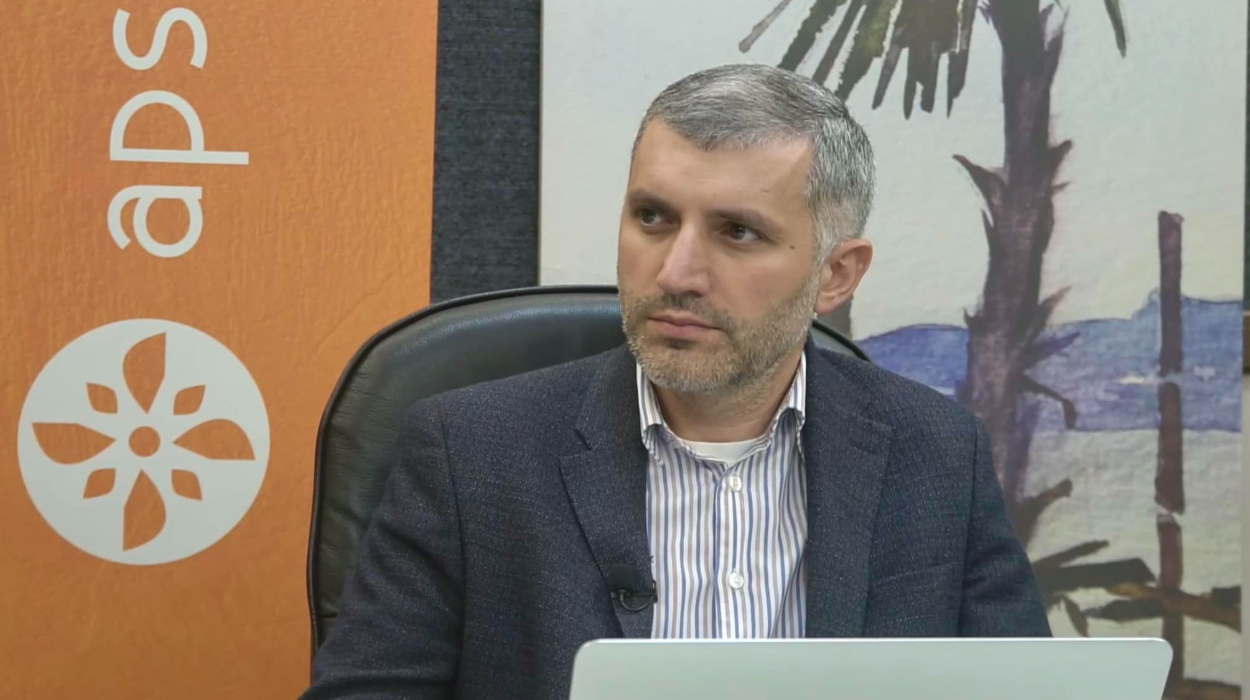Navigating the Crisis: A Closer Look at Abkhazia's Political Elite, by Leuan Lagulaa

Leuan Lagulaa, Chief Editor of ApsnyHabar.
Leuan Lagulaa, Chief Editor of "Apsnyhabar," recently shared a commentary on Apsnyhabar's Facebook page, discussing the deep-seated issues within Abkhazia’s political elite and the systemic changes needed to forge a promising future for our nation. Highlighting the consequences of power centralisation and the widespread distrust in political figures, Lagulaa invites a broader conversation on these critical issues.
Read the full commentary below, which we have translated for you, to explore his insights and reflect on the path towards meaningful reforms.
Crisis of the Elites
As the Chief Editor of "Apsnyhabar," I engage with the pivotal issues in Abkhazia's political scene. This piece explores the longstanding crisis among the political elites, a topic of considerable concern for both analysts and the public.
Challenges Facing Abkhazia's Political Elite
Public discourse regularly highlights the subpar performance of both individual politicians and government institutions at large. Each new parliament is often viewed as the least effective yet, and recent presidencies have been similarly criticised. Considering the reasons behind these patterns and potential for change, it is pertinent to remember the pre-war elites who adeptly navigated their era's challenges but failed to nurture the next generation of leadership.
Power Centralisation and Its Impact
A predominant issue is the centralisation of power with the president. Positions in government agencies and parliament elections hinge more on loyalty to the president than on merit or policy plans. This system, entrenched in corruption and nepotism, obstructs the emergence of alternative elites and complicates any peaceful power transition.
+ Leuan Lagulaa Asserts: Sovereignty, the Only Way Forward for Abkhazia
Distrust in Politicians and the Road to Reform
A recent Telegram poll revealed that over half of its participants distrust politicians. The 2019 presidential elections highlighted a deep societal split, with three candidates, representing two major political factions, securing slightly over 20% of the votes each in the first round. The incumbent president won the second round under legally dubious circumstances and would likely remain in office if not for subsequent protests. It's notable that his disapproval rating was nearly 80% after the first round.
This system, which equates success with the ability to mobilise the discontented and challenge authority, has significantly eroded trust in political figures and factions.
Conclusion
Firstly, this article doesn't claim to provide definitive answers but rather aims to provoke further debate.
Secondly, we should transition from personalised disputes to a more productive discussion on reform ideas.
Lastly, "Apsnyhabar" welcomes everyone interested in engaging in discussions about these and other vital topics. We encourage both individuals and groups to use our platform to share their insights and proposals.
Leuan Lagulaa
Chief Editor of Apsnyhabar